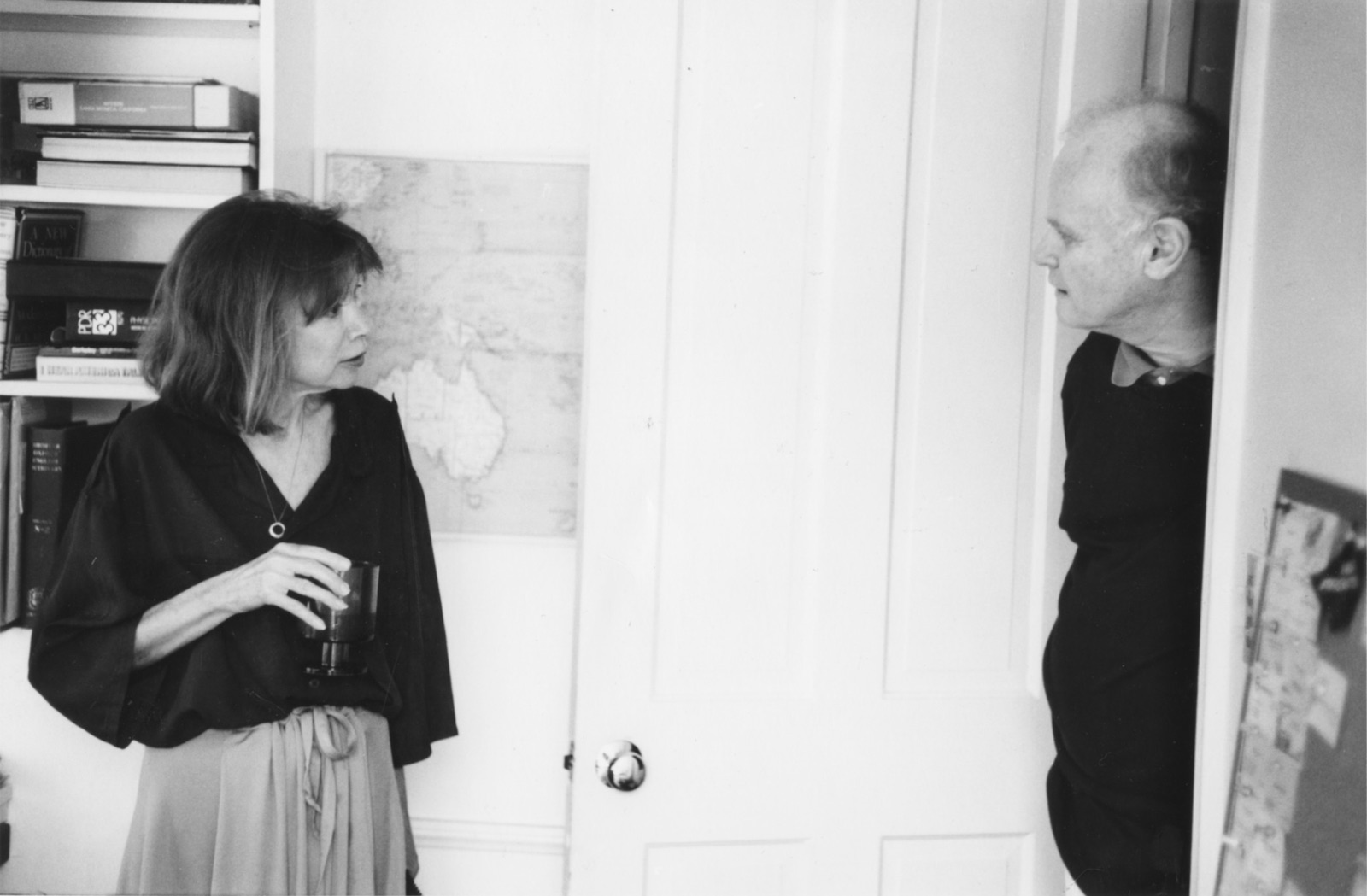We all come from somewhere. And the voices that we rely on to tell us where somewhere is or was, and how we did or didn’t function there, are usually the voices of writers, those bright, uneasy recorders who devote themselves to dismantle any preconceptions we may have about place, about family, about home. Skeptical of the body politic in general and in particular, with its rites and passages, its social laws and its community rituals, the authors to whom we constantly return to explain where we have landed or where our country has gone are those who don’t. distract from who we are, and why. For my part, I read and reread the poet Elizabeth Bishop, to better understand the displacement, the atmosphere, and the nostalgia of the queer home; essayist and novelist James Baldwin, to understand how cities like New York can break your heart while ghettoizing your soul; and Joan, Joan Didion, who taught me that family is always part of the story, along with place, and that the writer’s job is to confront the terror, the beauty, the banality and the truth inherent in being a citizen of both.
Also in her work of fiction there were what Elizabeth Hardwick called the “disastrous surprises of the mother, father, child tableau”, and these surprises, it seems to me, have always paralleled politics, with its cronyism, his makeshift families, his fictions and his disasters. . Joan. What could she have meant by writing these stories of children who disappear, stories where lovers, fathers and daughters do unspeakable things to each other? And yet there was always our need for each other, for family despite everything, which gives so many of his characters a reason to live and dream, and explains the deep pathos of his novels. Looking back, I think Joan, like any great American author, was building a world, brick by brick, based on the world she knew, a universe based on the house or ideas about the house.
She has always been interested in community, whether in her native Sacramento or devastated El Salvador, or New York, with its “lazy crime” and destructive narratives about race and women, or a Miami shaped by the agreements and the drama of exile. Time and time again, Joan has written about who and what we are, including how we live in a society populated by citizens we may or may not be related to, but relate to anyway. because, as Americans, we are all heirs to a cracked and chaos-filled kingdom, a kingdom where the center does not hold but where you can learn something from the fracture, if only you can face the cracks and the cracks of history.
I’ve always liked the fact that, onomastically speaking, Joan is the feminine form of John. Who knew her better than her husband, John Gregory Dunne, who wrote in his formidable book Monster: Live on the Big Screen that Joan was not someone you would call “the little woman,” she who, in her book on John and grief, described a social worker at the hospital calling her a “cool client.” I think Joan’s freshness, her non-petite-femininity, has to do with her rejection of what women are often trained to do: help before criticizing, or swallow it all. I thank Joan’s mother, Eduene, for encouraging her daughter’s skepticism when she gave her five-year-old daughter a writing tablet to stop her complaining and write down her thoughts. The child who complains is the child who is uncomfortable with an accepted order, and I like to imagine Joan as a schoolgirl, or in a sorority, the pleasant bourgeoise who would register reluctantly for the rites of her class beginning to squirm in its formal. clothing, the one made of silk and tulle, sometimes pink, or always white, because she was beginning to distance herself less from the world she had known than to write it.
This is the first problem: describing your world, writing it down. Because it means that you reflect, that you wonder about your place. Here is Joan describing the two in her 1965 essay “Notes of a Native Girl”:
What happened in New York, Washington and abroad didn’t seem to intrude on the spirit of Sacramento at all. I remember being taken to a very old woman, the widow of a rancher, who referred to (the preferred mode of conversation in Sacramento) the son of some of her contemporaries. “That Johnson boy never did much,” she said. Discouraged, my mother protested: Alva Johnston, she said, had won the Pulitzer Prize when he worked for the The New York Times. Our hostess looked at us impassively. “He never stood for anything in Sacramento,” she said.
And so on, and so on. You’re something in Sacramento or Zanzibar, or you don’t. You are claimed to be part of the tribe, or you are not. It is about examining why these hierarchies exist in the first and second place, and why the family is sometimes based on exclusion, or whim, or desire, and to write it down in all its disasters, ideologies and its joys, to better tell us who you are and why, and why, despite the facts, you always end up wanting to go home, to this place, whatever you call it.

